Asset Protection for a Puerto Rico Act 20 Business
Once you have your Act 20 business in Puerto Rico up and running, you need to think about protecting its retained earnings or distributed profits. Asset protection for a Puerto Act 20 business becomes urgent because of the amount of capital held in the company tax deferred.
There are two levels of asset protection for Puerto Rico Act 20 companies. The first is retained earnings within the Puerto Rico LLC or corporation and the second is asset protection of dividends taken out under Act 22.
When you operate an Act 20 business based in Puerto Rico from your home in the United States, you get tax deferral at 4%. That is to say, if the business owner is living in the US, you can hold Puerto Rico sourced profits in the corporation tax deferred.
You will pay 4% tax on the net profits earned from work done in Puerto Rico. This cash must stay within the Puerto Rico corporate structure to continue to be tax deferred year after year. When you distribute those profits as a dividends to the US based owner, you will pay US tax on the qualified dividend at 20% to 23.5% + your state.
If you’re operating a business in Puerto Rico under Act 20, and living in Puerto Rico while qualifying for Act 22, then you can withdraw the corporate profits from the corporation each year. This is because residents of Puerto Rico pay zero tax on dividends from an Act 20 Puerto Rican business.
- For more on maximizing the tax savings of Puerto Rico, see How to Maximize the Tax Benefits of Puerto Rico
When it comes to protecting the assets of your company, remember that Puerto Rico is a US jurisdiction. Any US judgement will be enforceable in Puerto Rico just as it is in any other State. As a result, you must take steps to protect your cash without changing its status as tax deferred “offshore” profits.
The best asset protection for Puerto Rico Act 20 businesses is to move your cash out of Puerto Rico and into a safe and secure bank. We have relationships with a number of banks in Switzerland, Germany and Austria that will open accounts for your Act 20 company and allow you to hold retained earnings offshore and out of reach of civil creditors.
The next level of asset protection for a Puerto Rico Act 20 company is incorporating offshore subsidiaries. This is done to put a layer of insulation between the Puerto Rico company and the assets held offshore. We can form a corporation in Panama, Cook Islands, Cayman Islands, or any other solid asset protection jurisdiction to manage your corporate capital.
In order to maintain the tax benefits of tax deferral, these offshore companies must be wholly owned subsidiaries of the Puerto Rico Act 20 company. For example, we form a Panama Corporation owned by the Puerto Rico company. This gets us access to all of the banks and asset protection benefits of Panama and allows us to maintain our tax deferral status.
For this reason, we can’t use other more advanced techniques. It would not be possible for the owner of the Act 20 business to create a Cook Island Trust and fund the trust with retained earnings. Once those profits moved from the Puerto Rico company to the Cook Island Trust, they would become taxable in the United States as a distribution.
This limitation applies only to retained earnings. Residents of Puerto Rico operating under Act 22 may use any means necessary to protect their personal after tax assets from future civil creditors. Remember that, unlike a business based offshore, once you have paid your 4% corporate tax and withdrawn the dividends tax free, this is “after tax” money. You can invest and do with it whatever you like, just as you can with money taken from a US business after paying 40% in taxes.
If you’re new to the Puerto Rico tax holiday, and would like to compare it to traditional offshore tax plans, see Puerto Rico Tax Deal vs Foreign Earned Income Exclusion and Move Your Internet Business to Cayman Islands Tax Free
One of the best asset protection systems is to have capital paid directly to a Cook Island Trust. This will maximize the asset protection afforded your dividend distribution and keep it out of the reach of any civil creditor.
We can make arrangements for the dividends to pass directly to the Trust and bypassing any risk of a civil creditor reaching them. We can also setup a subsidiary of the Puerto Rico company in the Cook Islands to facilitate this transfer and the related cash management.
Another offshore asset protection strategy for Puerto Rico Act 20 business will allow you to carry forward the tax benefits of Puerto Rico once you move away from the island and no longer qualify for Act 22.
Let’s say you’ve been operating your Act 20 business for 5 years and have been living in Puerto Rico all of this time. You’ve taken out $10 million in tax free dividends, with the only tax paid being 4% to the government of Puerto Rico.
You’ve had enough of island life, your business has run its course, and are want to return to the United States. Once you make the move, all capital gains, dividends and passive income earned on that $10 million will become taxable by the IRS and your State.
One option is to invest this money into an offshore single pay premium life insurance policy. Money held in the policy will be protected from future civil creditors as well as the US taxing authorities.
This is because capital gains earned within the US compliant offshore life insurance policy are tax deferred. You only pay US tax on the gains if you close out the policy or otherwise remove the cash. Of course, you are free to borrow against the life policy with no tax cost.
If you hold the policy until your death, then the total value will transfer to your heirs tax free (or with a step-up in basis). If you put in $10 million, and it’s grown to $20 million, you’re heirs get $20 million tax free… and the only tax you ever paid on any of that cash is the 4% to Puerto Rico. Quite an amazing tax play.
I hope you’ve found this article on asset protection for a Puerto Rico Act 20 business helpful. Please contact me at info@premieroffshore.com or call (619) 483-1708 for more information on setting up your business in Puerto Rico or on protecting your retained earnings within that structure.



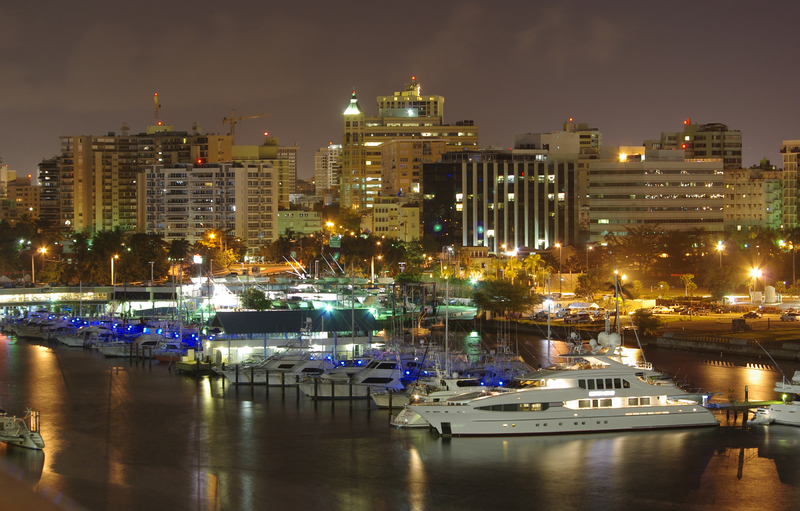
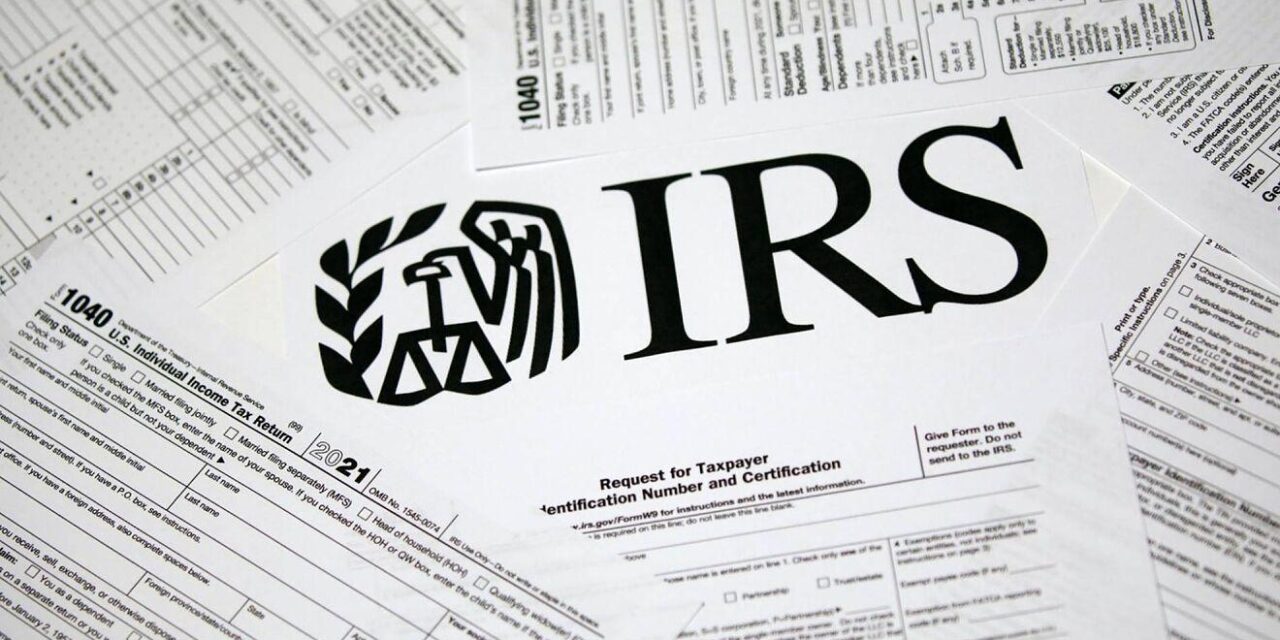
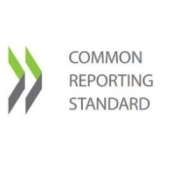
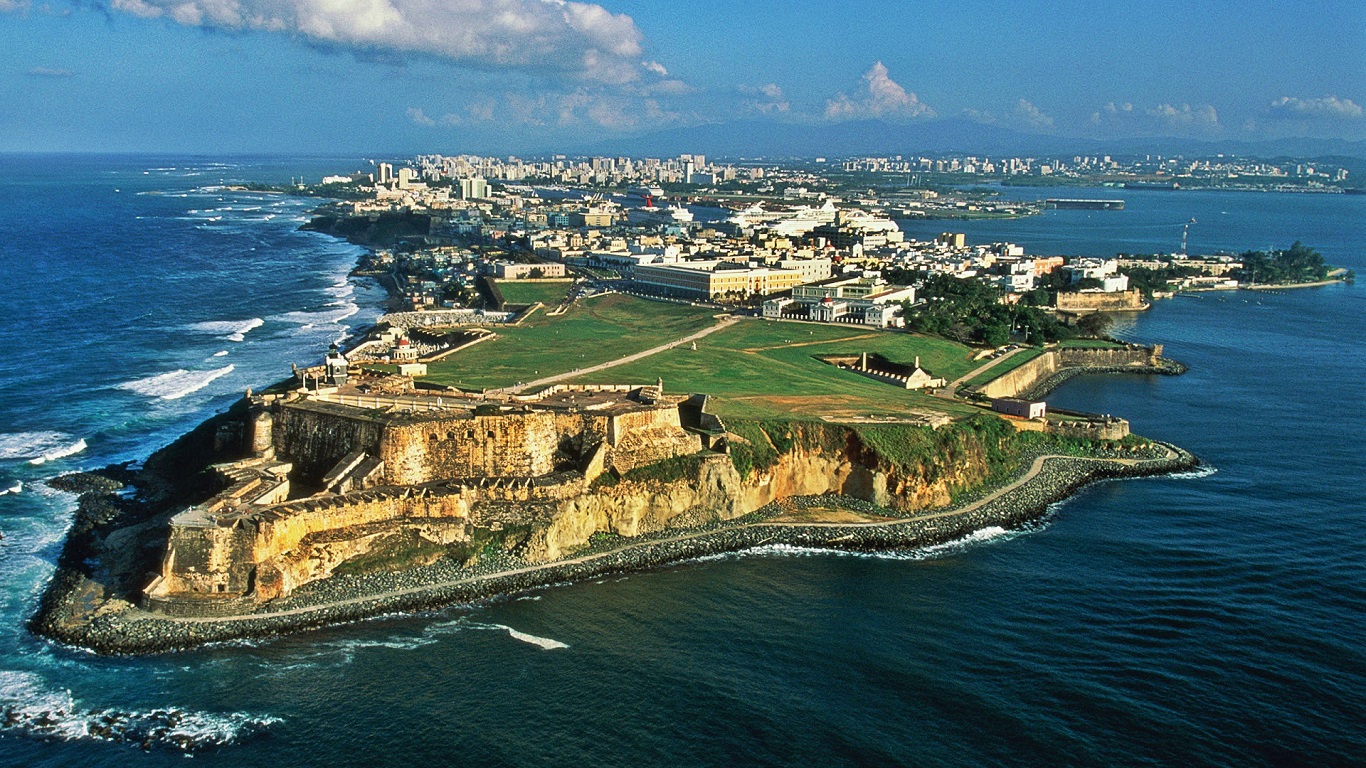

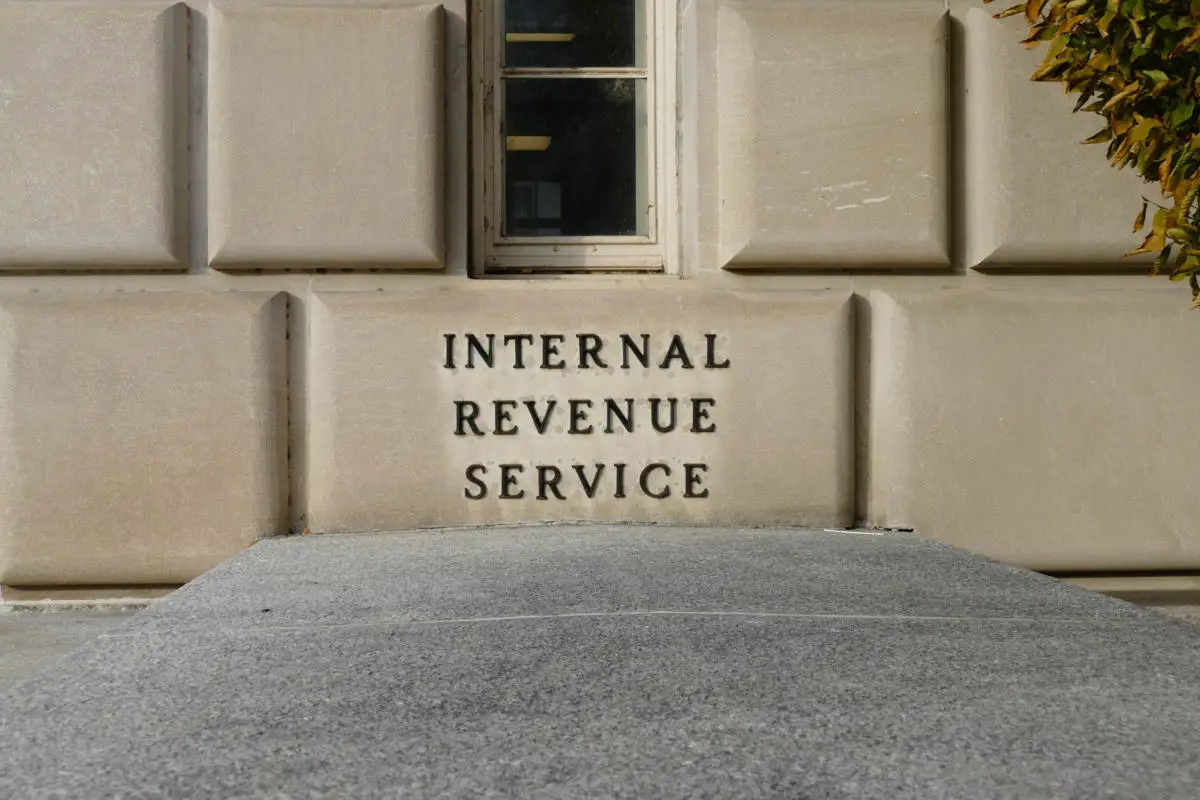

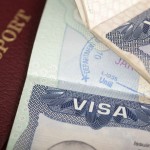
Leave a Reply
Want to join the discussion?Feel free to contribute!